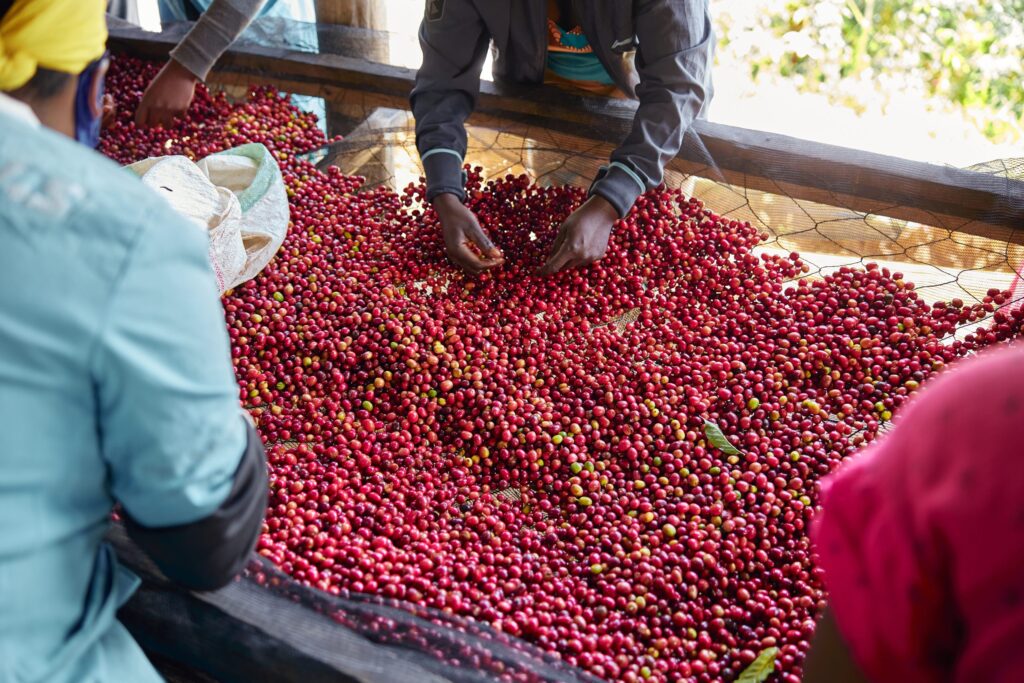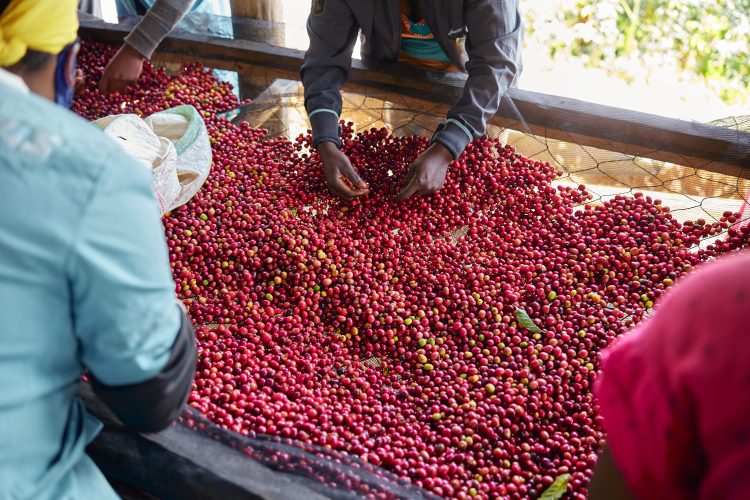Coffee price fluctuations are affecting farmers’ mental wellbeing, study finds

Researchers from the University of Copenhagen have found that fluctuating coffee prices put mental pressure on Vietnamese farmers.


According to latest research, fluctuations in coffee prices are taking a toll on Vietnamese farmers’ mental wellbeing.
The study is titled “Commodity price volatility and the psychological well-being of farmers”, carried out by researchers at the University of Copenhagen, has found that although the price of coffee may become cheaper when there are large fluctuations in the world market price, they are a “major additional psychological burden” for the farmers who grow the coffee.
The research itself was published in Journal of Nutrition Education and Behavior. Commenting on the findings, Finn Tarp, Professor at the University of Copenhagen and Coordinator of the Development Economics Research Group (DERG), said: “Our results suggest that not only poverty, but also the risk of poverty caused by fluctuating prices has a significant additional negative effect on the mental well-being of farmers in low-income countries.”
“The soaring socio-economic costs of mental illness are rightly a growing international concern. It is therefore imperative to investigate the underlying sources of mental illness and formulate effective economic policy responses and social interventions,” continued Tarp.
According to the researchers, in Vietnam, volatile coffee prices contribute to the mental health burden by “reducing farmers’ expectations of future economic prospects, increasing their cognitive load and alcohol consumption – and by reducing farmers’ social capital”. Additional findings also revealed that farmers were found to “sleep worse, feel more lonely, are depressed, can’t concentrate as well as they used to, and feel significantly more diffuse anxiety in an already extremely tense daily life”.
While the researchers only studied Vietnam in their analysis, they claim that the results are “likely to be transferable to other low- and middle-income countries whose populations are heavily dependent on agricultural exports”.
Further feedback from the study showed the need for effective social safety nets to protect smallholder farmers from price fluctuations on the world market.
“Governments should consider introducing policies that stabilise farmers’ incomes, for example by offering price insurance or increasing access to market-based risk management,” suggested Finn Tarp.
“At the same time, it is important to raise awareness of the particular problem of mental illness among farmers and offer support to those affected. Better material wealth is necessary to fight poverty, but more is needed to improve the quality of life of individuals.”
Source: newfoodmagazine.com

